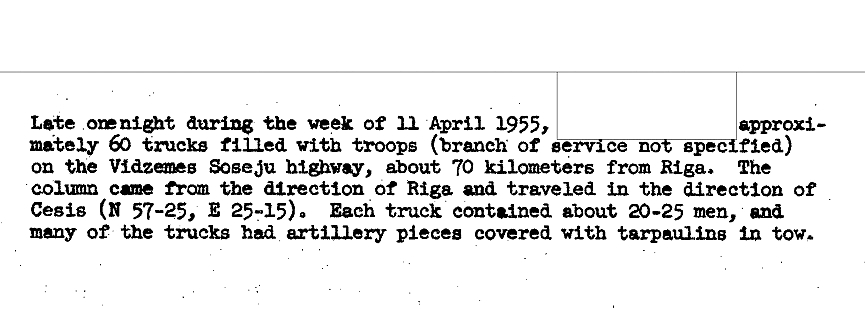On January 17 the CIA said: "The largest collection of declassified CIA records is now accessible online. The documents were previously only available to the public at the National Archives in Maryland. Approximately 930,000 documents, totaling more than 12 million pages, are now available in the CIA’s Electronic Reading Room on CIA's website."
Since 1999, the CIA has regularly released its historical declassified records to the standalone CIA Records Search Tool (CREST) system that was only accessible in person at the National Archives Records Administration (NARA) in College Park, Maryland.
"Moving these documents online highlights the CIA’s commitment to increasing the accessibility of declassified records to the public," the Agency said.
The CREST collection covers myriad topics, such as early CIA history, the Cold War, Vietnam, the Berlin Tunnel project, the Korean War, and the U-2 reconnaissance aircraft. The documents also extensively address developments on terrorism, as well as worldwide military and economic issues.
As far as Latvia is concerned there are reports on anti-Communist partisans, the dubious pleasures of Soviet train travel and assessments of the economic conditions of industry and the general population.
The CIA’s Electronic Reading room offers a full-text search capability of CREST records, and by searching for 'Latvia' or any other keyword, you can call up hundreds of documents.
The electronic reading room is available HERE.
But we warn you in advance -- you may well spend all day browsing this fascinating archive!






























